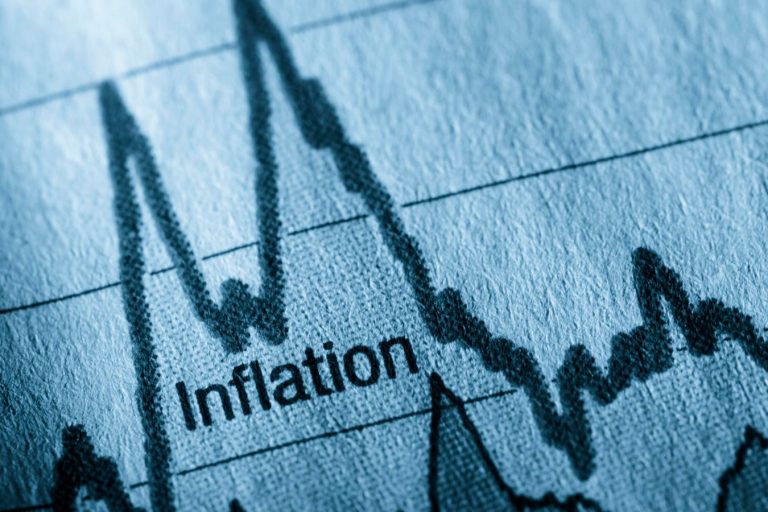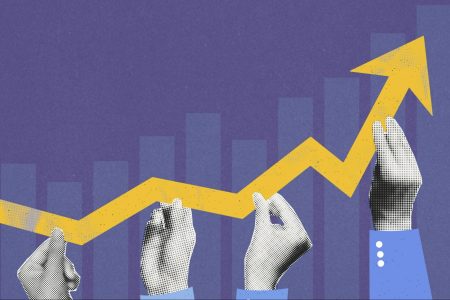I predicted high inflation here and now I am predicting its fall.
Markets are all about money flows. Money flows in and prices go up, money flows out and prices go down. It’s a simplified model of how inflation works, too.
This means that the key drivers of the world’s stock markets are money supply and that has been massively dominant since the global financial crisis and the advent of QE when less liquid assets were brought for more liquid assets and thereby money supply was boosted. This process came to a crescendo with the pandemic when the central banks created vast amounts of new money to prevent an economic meltdown.
It did just that but we are now suffering the side effects of inflation and the central banks are pulling money out of the system as fast as they can without cratering the economies they propped up, in order to get money supply back to a low inflation dynamic.
The “tightening” is pulling stock markets down in the opposite way the QE puffed them up. This process of draining excess money from the system is hazardous because it’s easy to create a crisis like the recent U.S. regional bank fiasco of earlier this year where a series of small banks ran out of cash and went under. When the tide of money recedes, the weak are liable to go to the wall, but too much QT could start a contagion that would cause a new crisis.
The Federal Reserve is the 800 pound gorilla of this dynamic as is the U.S. stock market it has levitated.
The trouble is, the QE rounds has created a titanic balance sheet that is generally considered too big and something that need to be brought down.
Here is a chart of it:
Now the idea of a need to bring down this level is a red herring. The question is, what level of money supply is optimal for the economy? This is predicated by inflation, which is targeted at 2% but that mechanism of controlling inflation is to have the right amount of money in the system.
How much is enough?
A simple benchmark is the Federal Reserve’s Reverse Repo, where banks park the money they can’t use that’s in the system. Of course they could lend it to anyone, but the rule of banking is why earn x% in interest if you are risking 100% loss? So as such banks can end up with too much money and they handle this by lodging it with the central bank.
So when you look at this facility you see an ocean of money clearly created by the pandemic QE. Here is a chart:
You can also see that tightening is driving it down. When this excess of money is gone, then that will be a level for the Fed’s balance sheet that will represent some kind of equilibrium. This will bring the balance sheet back to the level of the initial pandemic QE, about $7 trillion.
At this point, inflation will be close to normalized and interest rates can come down. The only problem is funding the government and its apparently runaway spending. This may well forestall a drop in interest rates, but the end of inflation is in sight, which will then be followed by a retreat in interest rates.
If all goes well, next year will be a solid year for equities.
Read the full article here









